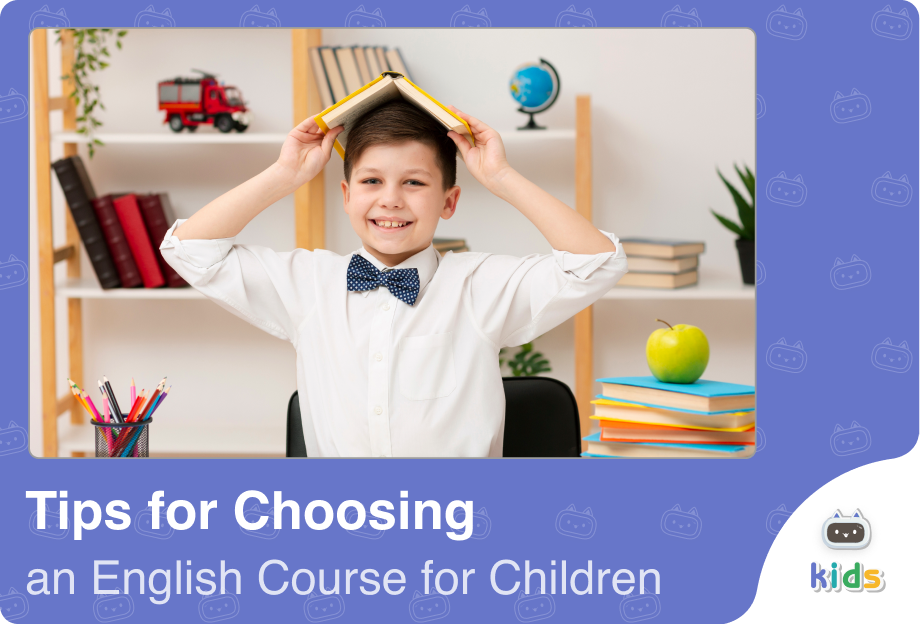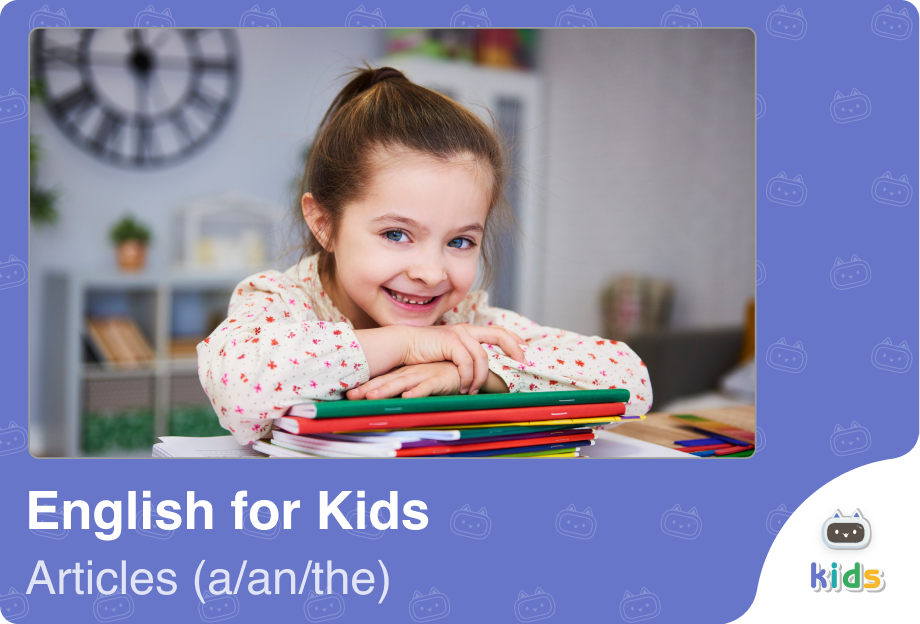Proving your English skills is necessary if you plan to study, work, or move to an English-speaking country. IELTS and TOEFL are the two tests that are most commonly taken. Throughout the world, thousands of universities and organizations accept both. Which one is the best choice for you? Your answer is determined by your goals, test-taking style, and destination. The main differences between IELTS and TOEFL will be explained in this blog post, enabling you to make the right choice for yourself.
Learn English with EnglishCentral
Building your vocabulary is key to mastering a language, and learning new and generational words along with common words can make a big difference in how fluently and expressively you speak. EnglishCentral gives you the perfect tools and environment to expand your vocabulary, practice new words, and use them with confidence.
With 25-minute one-on-one lessons for all ages and levels, EnglishCentral offers personalized and effective learning. These online live sessions are led by expert English teachers who guide you step by step, helping you improve at your own pace. You can also join 40-minute group lessons, where you’ll take part in fun, interactive conversations with your teacher and classmates.
However, EnglishCentral is more than just lessons! You’ll have access to thousands of interactive videos tailored to different interests. With our Watch, Learn, Speak, and Discuss steps, you can reinforce vocabulary and plan private lessons based on your needs. Quizzes, word exercises, and our AI-powered teacher MiMi make practicing English even easier. MiMi is always available to help you navigate different scenarios, from business meetings to ordering food, so you’re prepared for real-life conversations.
After each lesson, MiMi provides personalized reports, tracking your progress and highlighting areas for improvement. This instant feedback helps you stay focused on your goals and gain the confidence to use English in everyday life.
What are IELTS and TOEFL?
IELTS stands for International English Language Testing System. It’s the English test that is used the most globally. It is accepted in a number of countries, particularly in the UK, Canada, Australia, and New Zealand. It is used for university admission, job applications, and migration. Different versions of the IELTS test can be used for different purposes. The purpose of IELTS Academic is to help students pursue higher education in an English-speaking environment. The IELTS General Training is intended for people who want to gain work experience or relocate to a country where English is spoken. IELTS UKVI is approved for UK Visas and Immigration purposes and is available for those who want to move to the United Kingdom.
TOEFL stands for Test of English as a Foreign Language. College and university admission in the United States is primarily the focus of its use. TOEFL is generally preferred by most US universities. Despite this, it is accepted in over 150 countries worldwide. TOEFL Junior and TOEFL Primary are specific versions of the test designed for young learners. There is also TOEFL ITP, which is used by some schools to test students’ English levels.
EnglishCentral IELTS Course
Our IELTS course is designed to make your exam preparation easier with structured content, experienced teachers, and AI-powered learning tools. We offer flexible options for those who prefer self-study and those who want to progress with teacher support.
IELTS Video Lessons and Topic-Based Content
Our comprehensive video lessons are crafted around the most common themes in the IELTS exam. Covering areas like education, environment, technology, culture, and health, these lessons help you become familiar with the topics you’re likely to encounter in the test. Each lesson includes interactive exercises to instantly reinforce what you’ve learned.
Live One-on-One IELTS Lessons
Our one-on-one private lessons give you the opportunity to work directly with teachers specialized in IELTS preparation. These sessions are entirely personalized, planned around your goals, strengths, and areas for improvement. With real-time feedback, corrections, and exam strategies, each lesson becomes even more effective. You can schedule your lessons at any time and set your own pace.
IELTS Group Lessons
In these interactive group classes focused on the Speaking section, you’ll improve your fluency through real-time speaking practice. You’ll exchange ideas with other participants and gain confidence by discussing topics similar to those you might face in the exam. By joining a digital classroom with students from all over the world, you’ll enhance your English-speaking skills in an international environment.
Interactive Speaking Practice with MiMi
MiMi helps you reinforce what you learn in your IELTS video lessons by engaging you in question-and-answer practice. You can respond in writing or by voice and receive instant feedback. MiMi also analyzes your conversation history to provide reports showing your strengths and areas for improvement. This way, you don’t just learn—you make targeted revisions to accelerate your progress.
Having the right resources and expert support can make all the difference in your IELTS preparation. Get ready for exam day with EnglishCentral’s flexible, goal-oriented, and content-rich IELTS program.
IELTS vs TOEFL: Exam Format
The IELTS test is made up of four sections: reading, listening, writing, and speaking. Three to four lengthy texts with 40 questions must be answered during the 60-minute reading section. The listening section lasts 30 minutes and includes four recordings that you listen to only once, after which 40 questions are asked. The writing section lasts 60 minutes and involves two tasks, which vary according to whether you’re taking the Academic or General Training version of the test. In the end, the speaking section involves a brief interview lasting 11-14 minutes that is done face-to-face with an examiner. Although the reading, writing, and listening parts are taken on the same day, the speaking test can be scheduled up to seven days prior or after the others.
The TOEFL test also has four sections: reading, listening, writing, and speaking. The reading section lasts from 54 to 72 minutes and involves three to four passages with 10 questions each. The listening section lasts between 41 and 57 minutes and includes 28 to 39 questions based on short lectures and conversations. In the writing section, there are two tasks that test your academic writing skills and take 50 minutes to complete. The speaking section, which lasts for 17 minutes, requires you to speak into a microphone to answer four tasks. Your responses are recorded and scored later, rather than having a conversation with someone. Typically, all parts of the TOEFL are finished on the same day. The TOEFL Home Edition allows you to take the entire test online from your home, where a human proctor monitors you live through your webcam.
IELTS vs TOEFL: Scoring
On the IELTS test, you are given a score from 1 to 9 for every section (listening, reading, writing, and speaking). To calculate the final score, the four numbers are averaged and the result is rounded up to the nearest whole or half band. For example, if your average is 6.75, your overall score will be 7. There is no “pass” or “fail” in IELTS. Each university or employer will inform you of their required score, which is usually between 6 and 7.5.
The TOEFL Test is scored between 0 and 120. Your final score is the sum of the points earned in each section, which is worth 30 points. Both ‘raw’ and ‘scaled’ scores are part of the more complex scoring system. The paper TOEFL has a score range of 310 to 677, but it’s only available once or twice per year.
What is the Difference Between IELTS and TOEFL?
The main difference between IELTS and TOEFL is in the test format and style. IELTS usually involves more human interaction, especially in the speaking section, where you talk to a real examiner face-to-face. TOEFL is mostly conducted on a computer and you speak to a microphone instead of talking to a person. IELTS is designed to test both academic and general English, making it a good option for work, migration, and study. TOEFL is more focused on academic English, specifically for admission to college or university. The United States universities have a preference for TOEFL, while IELTS is more popular in the UK, Australia, and Canada. IELTS scores are based on a scoring system that ranges from 1 to 9, while TOEFL scores are based on a scoring system that has a total score of 120. Lastly, TOEFL is generally taken in a single sitting, while the IELTS speaking section may be conducted on a distinct day from the rest of the test.
Our IELTS course is designed to make your exam preparation easier with structured content, experienced teachers, and AI-powered learning tools. We offer flexible options for those who prefer self-study and those who want to progress with teacher support.
Study Guide for IELTS and TOEFL
It’s crucial to prepare properly, regardless of the test you choose, whether it’s IELTS or TOEFL. In order to start, get familiar with the test format to know what to expect on exam day. Practicing consistently is essential, so make use of past papers or online practice tests to build confidence and identify areas for improvement. To improve your language skills, it’s important to focus on all four of them: reading, writing, listening, and speaking. It’s possible to make a significant difference by incorporating English into your daily life, by watching videos, reading articles, and speaking English with friends, tutors, or even online language partners. Correcting mistakes and refining your skills can be accelerated by getting regular feedback from a teacher or tutor. The official websites for both IELTS and TOEFL contain sample questions and practice tools that can be helpful. Moreover, there are countless free resources available online, such as educational apps, videos, and study groups, to assist you in your academic journey.
Frequently Asked Questions About IELTS or TOEFL: Which Test Should You Choose?
Which test is easier, IELTS or TOEFL?
Your personal strengths determine how easily you can pass IELTS or TOEFL. IELTS may be easier for those who are more accustomed to British accents and handwritten responses, while TOEFL is more suitable for those who are proficient in American English and typing. IELTS Speaking is considered easier by many because it involves a face-to-face interview instead of a recorded response like TOEFL.
How much do the IELTS and TOEFL tests cost?
The cost of IELTS is usually between $215 and $250 USD, depending on the country. The cost of TOEFL is between $190 to $250 USD, and it also varies depending on the location. All four sections (Reading, Listening, Speaking, and Writing) are included in the base fee for both tests.
How long are the IELTS and TOEFL tests?
The IELTS test takes approximately 2 hours and 45 minutes, and occasionally speaking is scheduled separately. All sections are completed in one sitting, and TOEFL takes roughly 3 hours in total. The language skills are the same, but the formats are slightly different in both tests.
Is IELTS or TOEFL easier for non-native speakers?
IELTS is considered easier for non-native speakers because of its straightforward question types and shorter listening sections. It can be tough to pass TOEFL if you’re not proficient in long academic lectures and typing essays. The easiest test is determined by whether you are familiar with the test format and your learning style.
Would you like to put what you have learned into practice? You can access everything you need to learn English on a single platform! With 25-minute one-on-one live English lessons, 40-minute group lessons, more than 30,000 interactive videos, vocabulary learning tools, AI-supported tutor MiMi, quizzes, and interactive activities, EnglishCentral offers its users a personalized and quality education plan at an affordable price. How about registering for EnglishCentral now and starting to learn English?











